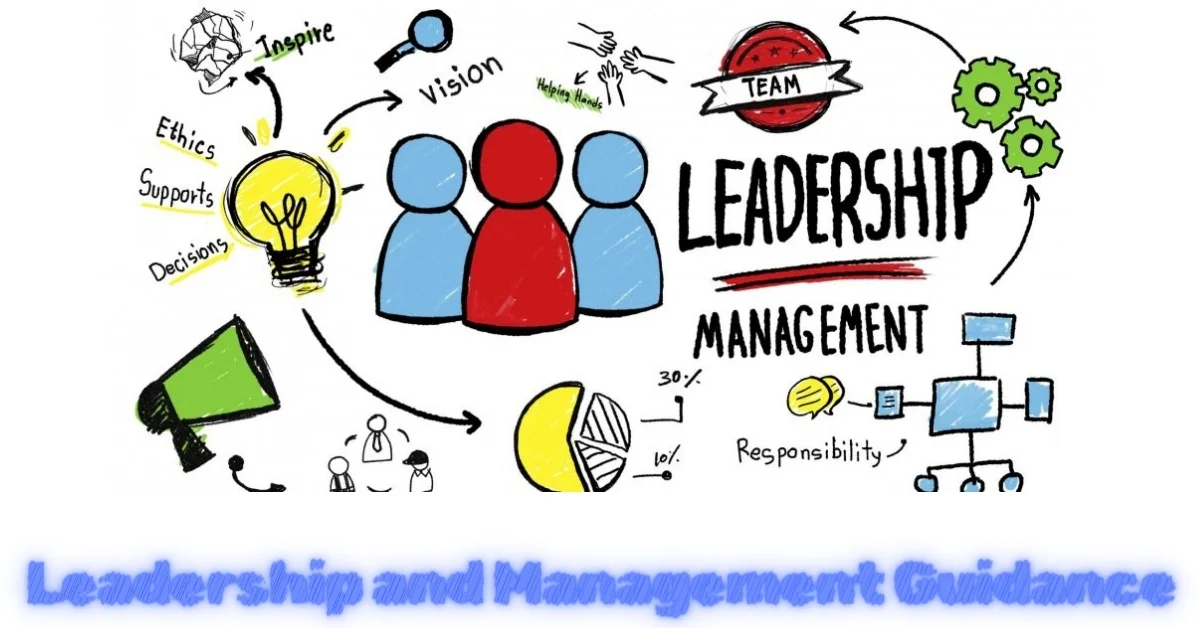In today’s complex business landscape, the role of the board of executors is more crucial than ever in steering organizations towards success. Comprised of seasoned professionals with diverse expertise, the board of executors serves as strategic stewards, guiding the direction and decisions of the organization. This article delves into the multifaceted responsibilities of the board of executors and their significant impact on organizational direction.
Introduction
The board of executors plays a pivotal role in shaping the strategic direction of an organization. Unlike the operational management team, which focuses on day-to-day activities, the board of executors provides oversight and guidance on long-term goals and key decisions. Their responsibilities encompass various aspects of corporate governance, leadership development, stakeholder relations, and strategic planning.
Understanding the Board of Executors
The board of executors typically consists of experienced professionals from diverse backgrounds, including finance, law, marketing, and operations. Their primary responsibility is to represent the interests of shareholders and ensure the long-term sustainability of the organization. With their collective expertise, they offer valuable insights and strategic direction to senior management.
Strategic Vision and Planning
One of the key roles of the board of executors is to participate in the development of the organization’s strategic vision and planning process. By setting clear long-term goals and objectives, they provide a roadmap for the company’s growth and success. This involves evaluating market trends, assessing competitive dynamics, and identifying opportunities for expansion or diversification.
Corporate Governance and Oversight
Corporate governance encompasses the establishment of structures and systems to uphold transparency, accountability, and ethical conduct within an organization. The board of executors plays a crucial role in overseeing adherence to these principles by monitoring policy implementation, evaluating risk management practices, and safeguarding stakeholder interests. This oversight extends to areas such as financial reporting, regulatory compliance, and executive performance evaluation, fostering trust and confidence among shareholders and the wider community.
Corporate Governance and Oversight
This entails establishing structures and systems to maintain transparency, accountability, and ethical conduct within an organization. The board of executors oversees adherence to these principles by monitoring policy implementation, assessing risk management practices, and safeguarding stakeholder interests.
Leadership and Management Guidance
The board of executors provides guidance and support to senior management, empowering them to navigate challenges, capitalize on opportunities, and drive sustainable growth. Through mentorship and strategic advice, they foster leadership development and ensure effective succession planning.
Stakeholder Relations

Effective stakeholder relations are crucial for fostering trust, collaboration, and mutual understanding. The board of executors engages with shareholders, employees, customers, and communities to align organizational goals and values, address concerns, and enhance overall stakeholder satisfaction.
Case Studies and Examples
Real-world case studies and examples demonstrate the tangible impact of the board of executors on organizational success. By analyzing instances of effective leadership and governance practices, stakeholders gain valuable insights into the role and responsibilities of the board of executors.
Challenges and Solutions
Navigating challenges is an integral part of the board of executors’ role. From regulatory complexities to market disruptions, they encounter various obstacles that require innovative solutions. By identifying challenges early and implementing robust strategies, they effectively address issues and foster organizational resilience.
Future Trends and Innovations
The landscape of board governance and organizational leadership is constantly evolving. Emerging trends such as diversity and inclusion, digital transformation, and sustainability are shaping the future direction of the board of executors’ role. By embracing innovation and anticipating future challenges, they position the organization for long-term success.
Measuring Success
Measuring the effectiveness of the board of executors is essential for ensuring accountability and driving continuous improvement. Key performance indicators (KPIs) such as financial performance, stakeholder satisfaction, and board diversity provide valuable insights into their impact. Additionally, establishing feedback mechanisms enables them to assess their performance and adapt strategies accordingly.
Conclusion
In conclusion, the board of executors serves as the strategic stewards of an organization, guiding its direction and ensuring its long-term success. Through their oversight, leadership, and strategic vision, they play a crucial role in navigating complex business environments and driving sustainable growth. By understanding their responsibilities and embracing best practices in corporate governance, organizations can leverage the expertise of their board of executors to achieve their strategic objectives.
FAQs
What qualifications do members of the board of executors (BOE) typically have? Members of the BOE often possess extensive experience in executive roles, along with expertise in areas such as finance, law, marketing, and operations. They may also hold advanced degrees or professional certifications relevant to their field.
How often should the BOE meet?
The frequency of board meetings can vary depending on the organization’s needs and circumstances. However, it is common for boards to meet quarterly, with additional meetings scheduled as needed to address specific issues or strategic initiatives.
What is the difference between the BOE and the board of directors?
While the terms are sometimes used interchangeably, the BOE typically refers to the body responsible for overseeing the execution of strategic plans and policies, whereas the board of directors is responsible for broader governance and oversight of the organization as a whole.
How can companies ensure diversity on the BOE?
Companies can promote diversity on the BOE by actively seeking out candidates from diverse backgrounds, including women, minorities, and individuals with varied experiences and perspectives. Implementing policies and practices to encourage inclusivity and equitable representation can also help enhance diversity.
What are some common challenges faced by the boar– of–executors?
Common challenges faced by the BOE include balancing competing interests of stakeholders, navigating complex regulatory environments, addressing conflicts of interest, and adapting to rapidly changing market conditions.
